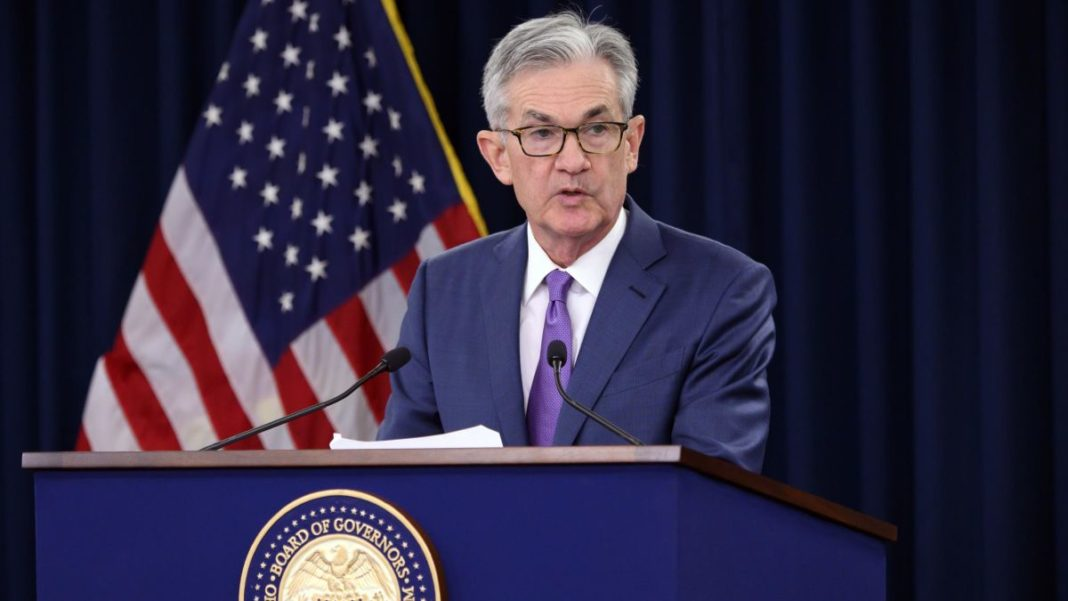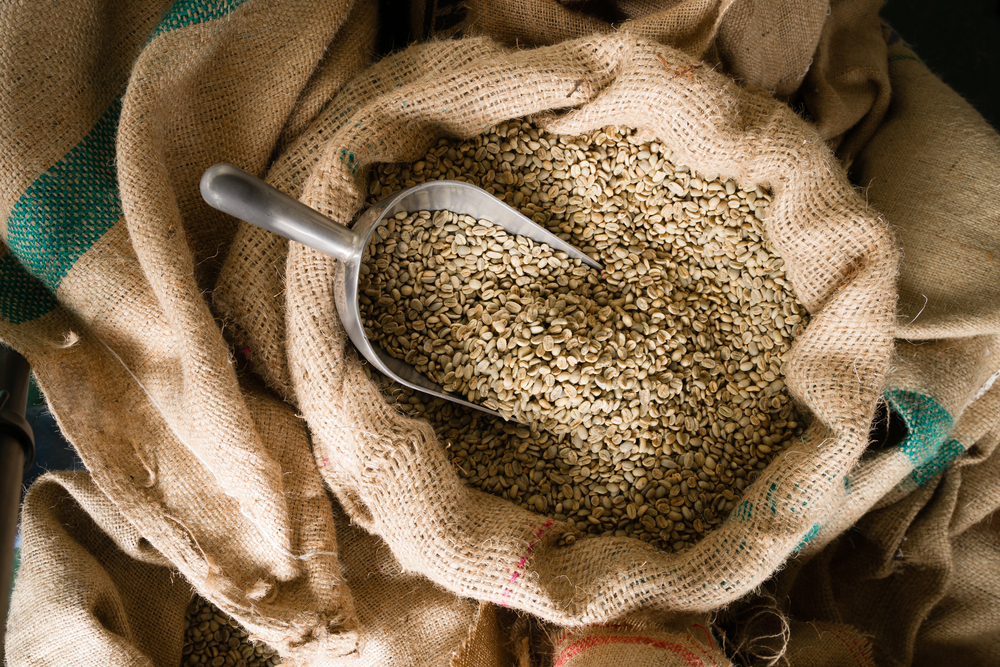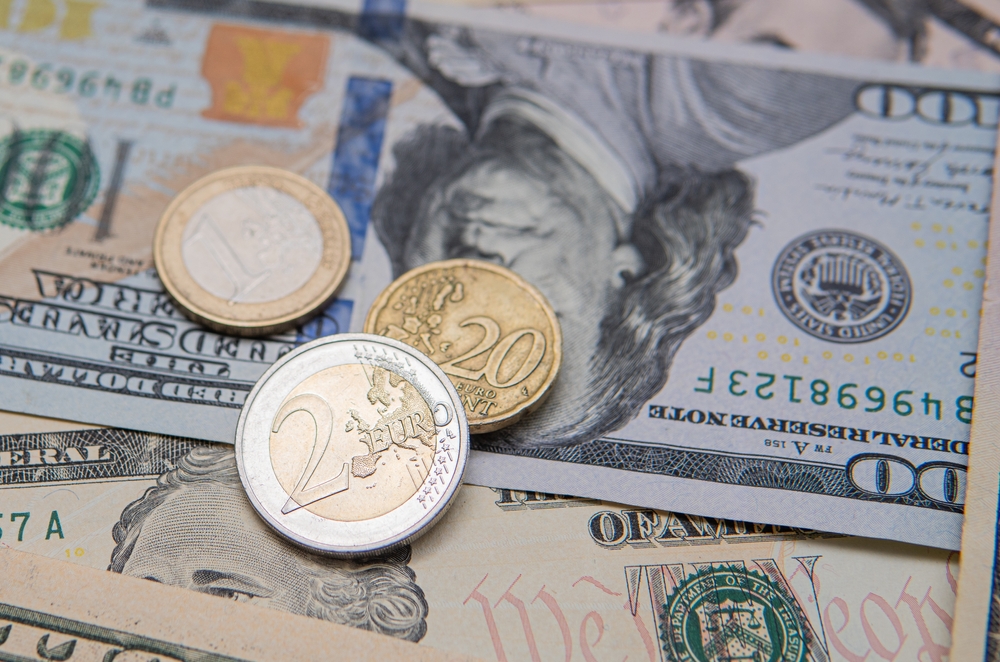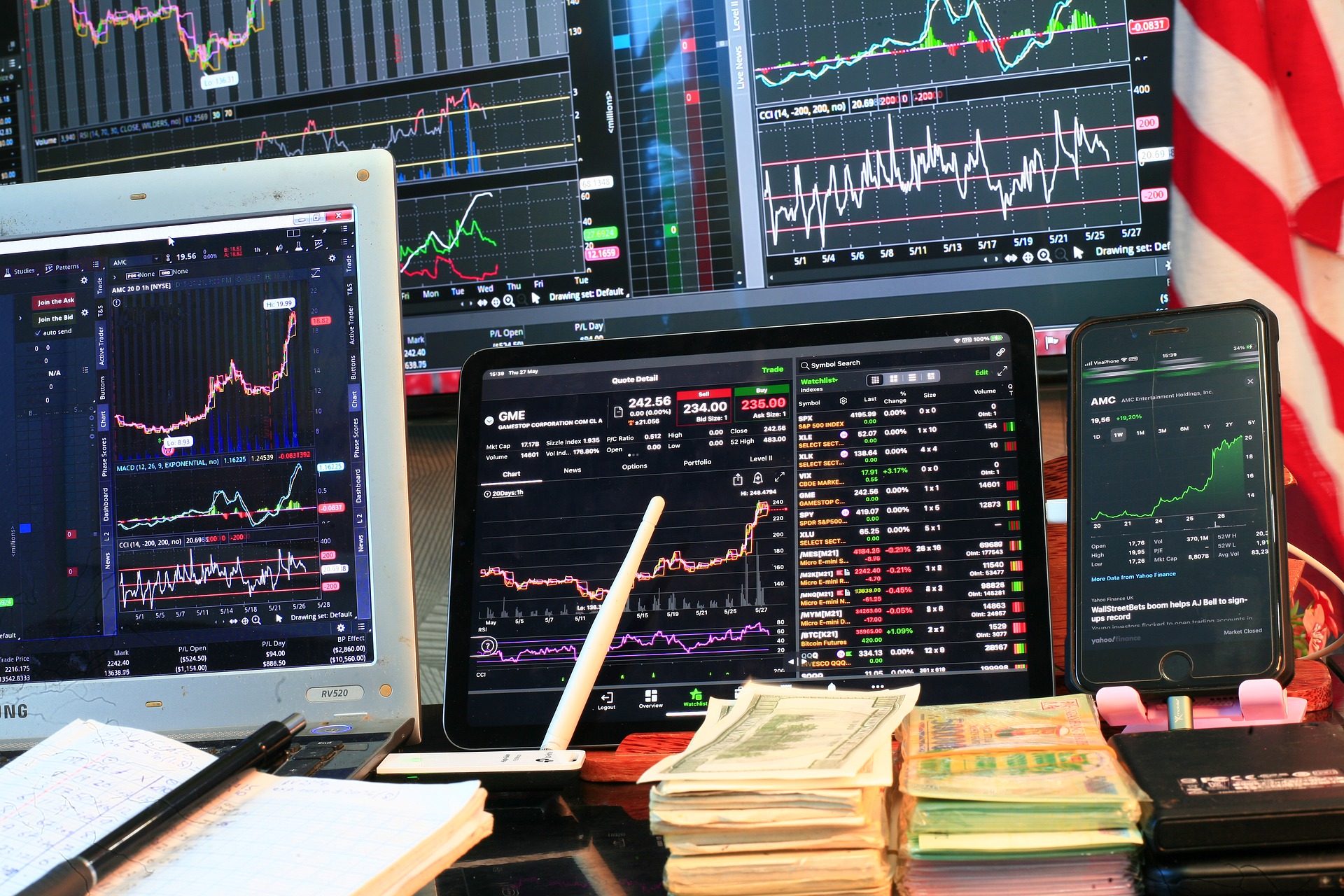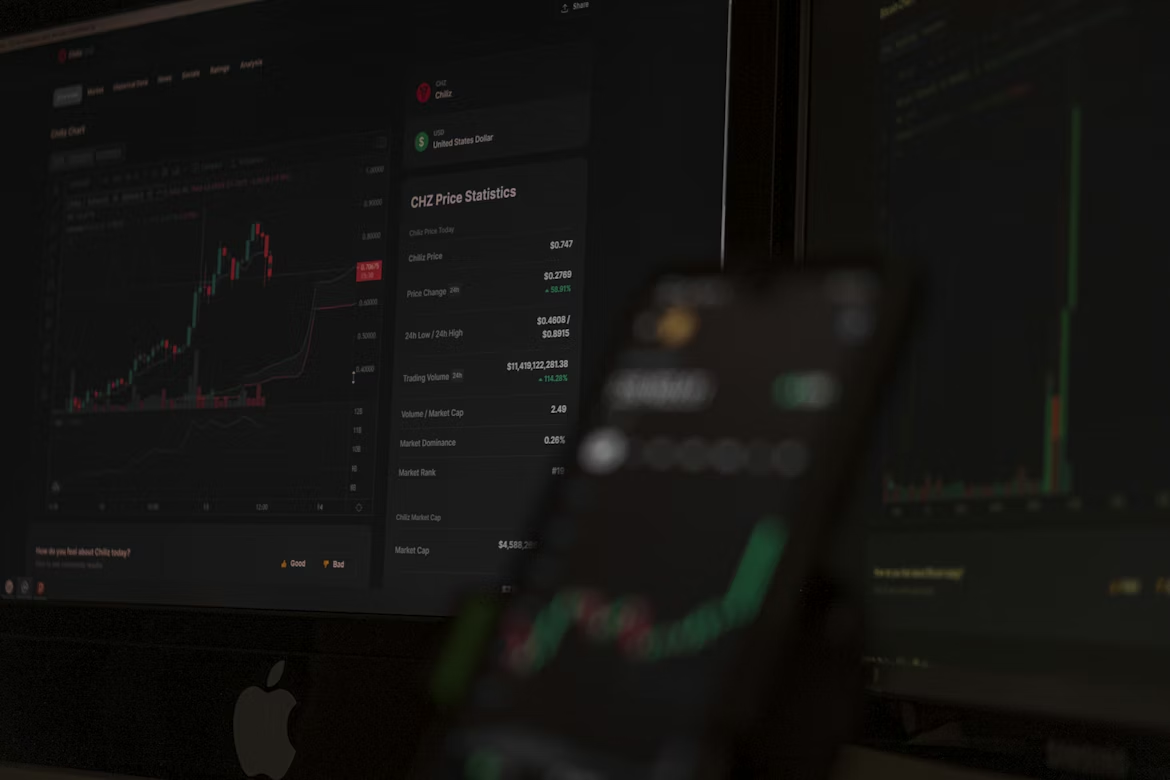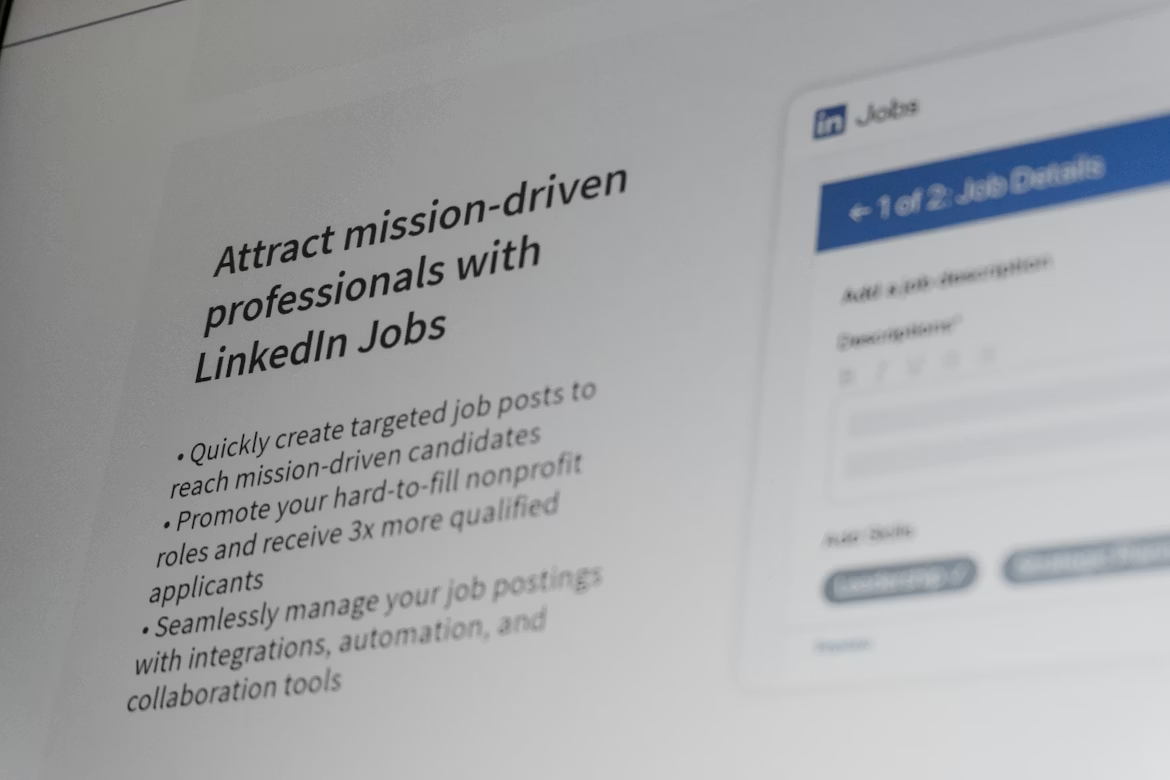EQUITIES
Asia-Pacific stocks were mixed in Tuesday trade. The South Korea’s KOSPI declined 0.32%, while both the Hong Kong’s Hang Seng index and Shanghai composite slipped 0.35%
Those losses in China came after its cyberspace regulator announced that internet platforms with data for more than 1 million users will need to undergo a security review before listing overseas from Feb. 15.
Japan and Australia started their trading year on Tuesday following a Monday holiday. The Nikkei 225 in Japan climbed 1.56%, while the S&P/ASX 200 in Australia rose 1.65%. Over in Southeast Asia, the Straits Times index climbed 1.22%.
The Dow Jones Industrial Average and S&P 500 closed at records on their first trading day of 2022 on Monday. The Dow jumped 246.76 points to 36,585.06 while the S&P 500 climbed 0.64% to 4,796.56. The Nasdaq Composite surged 1.2% to 15,832.80.
OIL
Oil prices were higher on Tuesday, supported by tight supply and hopes of a further demand recovery in 2022, despite OPEC+ looking set to agree to a further increase in output.
The OPEC+ is likely to stick to its plan to increase output by 400,000 bpd in February, as it has done each month since August. The Joint Ministerial Monitoring Committee is due to meet at 1200 GMT, followed by a ministerial meeting at 1300 GMT, both by videoconference.
The Brent now traded at $79.20 per barrel, and U.S. crude futures traded at $76.24 per barrel.
The two benchmark contracts both climbed more than 1% on Monday. The Brent futures ends at $78.98 a barrel, while the WTI crude oil prices closed to $76.08 per barrel.
CURRENCIES
The benchmark U.S. 10-year yields hit a six-week high to yield 1.6384%, with investors expecting a series of interest rate raises this year to combat rising inflation. The notes were last at 1.630%.
The dollar index also held firm, underpinned by a jump in Treasury yields overnight.
GOLD
Gold prices were flat as higher U.S. Treasury yields offset safe-haven buying sentiment due to an Omicron-driven surge in COVID-19 infections globally.
Spot gold remained mostly unchanged at $1,803.10 per ounce, while the U.S. gold futures at $1,804.10.
ECONOMIC OUTLOOK
Asian stocks were mostly firmer on Tuesday following Wall Street's record highs on its first trading day of 2022. Investors continue to monitor the global inflation, interest rates and any unpredicted risk arising from Covid-19 variants.
Apple Inc on Monday became the first company to hit a $3 trillion market value, before ending the day a hair below. The company hit an intraday record high of $182.88, putting Apple's market value just above $3 trillion, before ended the session at $182.01, putting the market cap at $2.99 trillion.
Turkish inflation surged to a 19-year high in December, propelled by a slump in the lira and President Recep Tayyip Erdogan’s push for cheaper borrowing. Annual consumer inflation rose 36.08% last month, the most since September 2002 and up sharply from 21.31% in November. The figure far exceeded the 27.36% median estimate in a Bloomberg survey of 19 analysts. Turkey’s central bank has slashed its benchmark interest rate by 500 basis points since September. The cuts have sent the lira into a tailspin that’s fuelled consumer price rises.
China's factory activity grew at its fastest pace in six months in December, driven by production hikes and easing price pressures, but a weaker job market and business confidence added uncertainty, a private survey showed. The Caixin/Markit Manufacturing PMI rose to 50.9 in December, highest level since June.
Other Asia's factory activity also grew in December, though persistent supply constraints and rising input costs clouded the outlook for some economies.
Chinese tech stocks listed in Hong Kong fell in Tuesday trade after China’s cyberspace regulator announced that internet platforms with data for more than 1 million users will need to undergo a security review before listing overseas from Feb. 15. Shares of Tencent dropping 1.63% while Meituan shed 1.188%. The Hang Seng Tech index slipped 1.34%.

